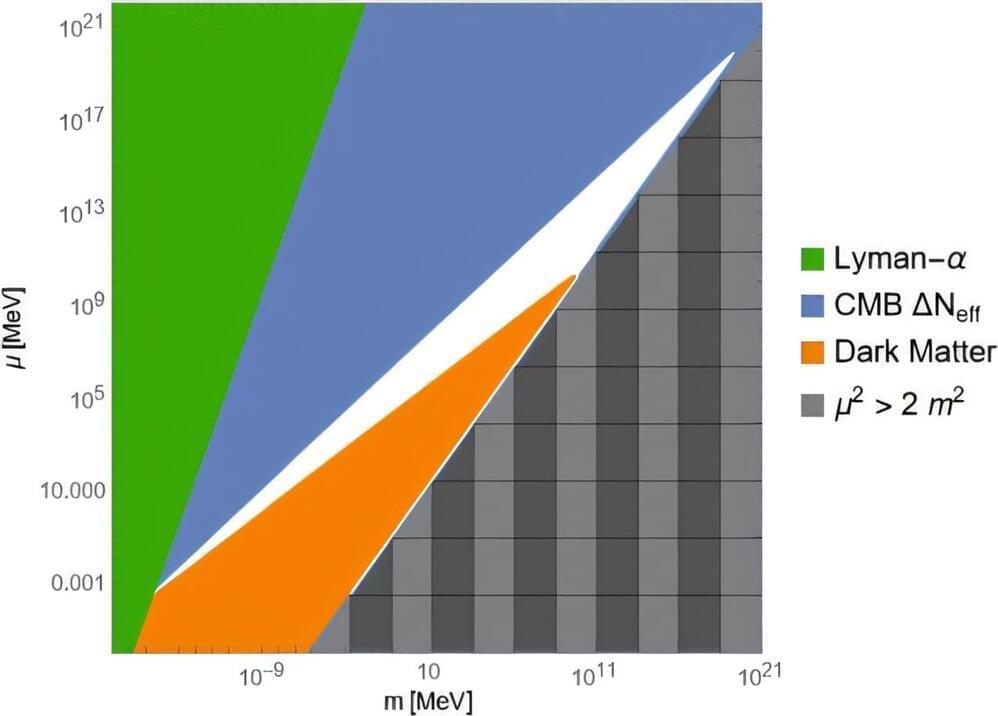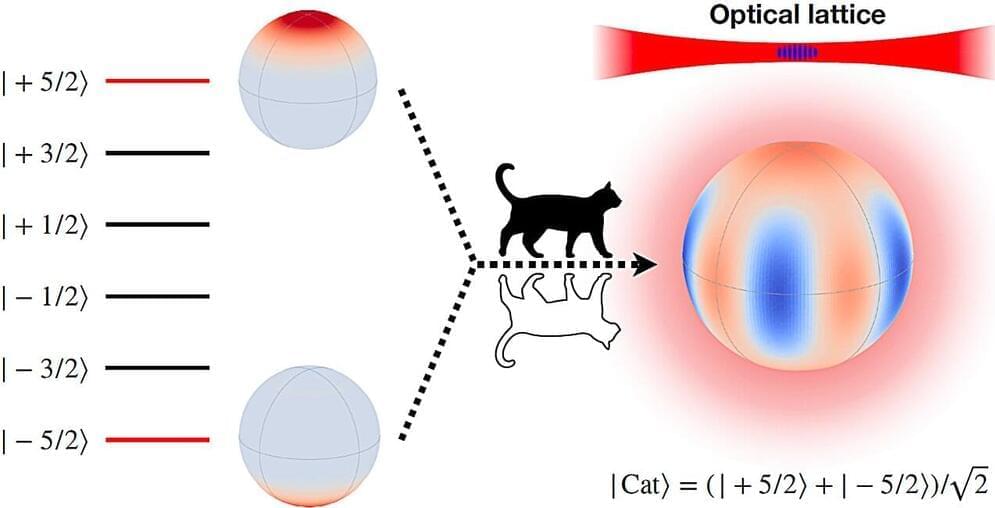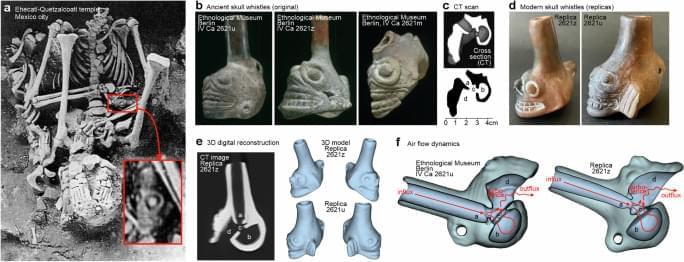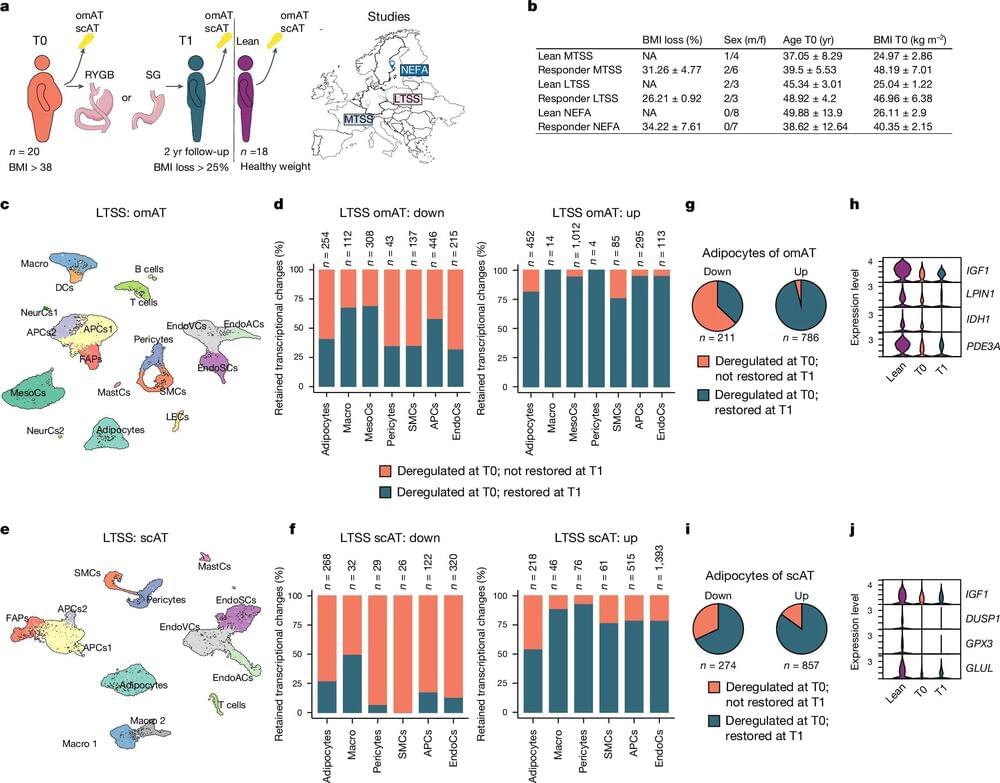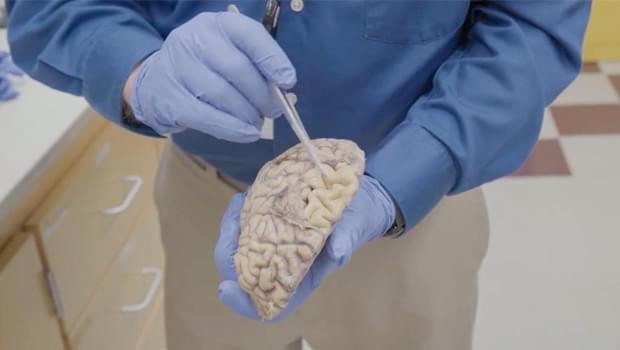Recent research by a student-faculty team at Colgate University unlocks new clues that could radically change the world’s understanding of the origin of dark matter.
Assistant Professor of Physics and Astronomy Cosmin Ilie and Richard Casey have explored an idea put forth by two scientists at the University of Texas at Austin, Katherine Freese and Martin Winkler, suggesting that dark matter may have originated from a separate “Dark Big Bang,” occurring shortly after the birth of the universe.
It is widely accepted that all the matter filling our universe (including dark matter) originated from one major event—the Big Bang. This corresponds to the end of the cosmic inflation period, when the vacuum energy that drove the very brief extreme expansion initial phase of our universe was converted into a hot plasma of radiation and particles.
